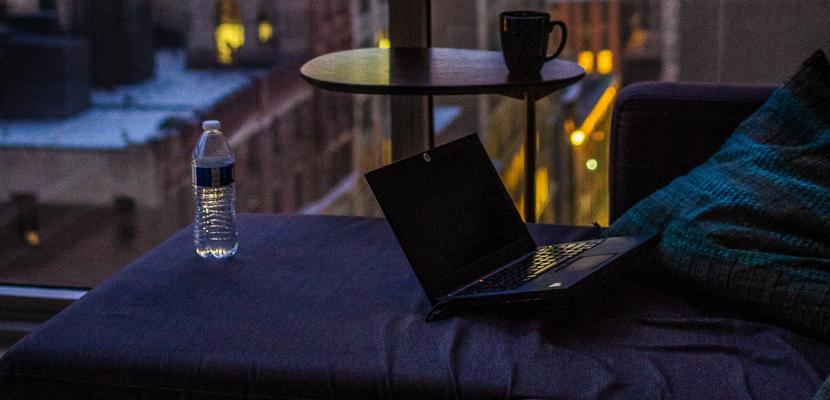
Dr Libby Sander is an Assistant Professor of Organisational Behaviour at Bond University. She is a future of work expert and is the Director of Bond's MBA Program.
On early Saturday morning a 33 year old Ernst and Young employee was found dead at the company’s Sydney office “after working until midnight following work drinks at a popular bar.” Ernst and Young have put out a statement that they will “review their work and social culture following this tragedy.”
The question begs, why after? The issues with and effects of work cultures with long work hours as a way of being have long been known. It is the peak of audit season in Australia, where employees in audit firms are often expected to work extreme hours to service clients. The psychosocial risks to employees are clear, and yet often ignored.
I’m deeply saddened to hear of the death of this employee. Are we to believe that anything is really changing, even with the hopeful signs that a new era of work flexibility is here to stay?
Stanford economist Nick Bloom has just released data showing that in the US work from home has stabilised at 30% of work days, a 6-fold jump pre-pandemic, saving 200 million hours and 6 billion miles of commuting a week. This is great news. However, it isn’t enough to just change the location of where we work.
At a national conference on workplace mental health last week, I had a conversation with an Ernst and Young Director, and a senior manager from another consulting firm. The EY Director reported that she had been working 65 hours a week for at least a year. She worked every day, night and weekend.
This Director wasn’t even in audit where the intense reporting period in audit firms is often used as a justification for the long hours. The other consultant asked her whether this expectation would go up once she became partner. The answer was yes. The EY Director commented that she was figuring out all the things she will have to stop doing or give up in the rest of her life in order to take that next step up the rung.
This conversation is chilling in light of the tragedy this week. It also indicates that indeed, WFH aside, not enough is changing. If you are expected to work 65 hours a week in order to meet your KPIs, where you do it isn’t going to make much difference to the negative effects on your physical and mental health. If working 65 hours a week is still the entry ticket to participate high up the career ladder, then we have really made no progress at all.
Like it or not, there is still a negative stigma in some organisations around taking large amounts of annual leave all at once. You are taking a month off? Really? I guess you aren’t that serious about your job or getting promoted. Never mind the leadership behaviours and cultural norms at firms like Ernst and Young (who are just one of hundreds if not thousands of firms who act the same way).
I once worked in a human resources leadership role in a big law firm. Returning to the office after a public holiday, I struck up conversation with one of the most senior partners in the firm as we waited for the elevator. He told me how delighted he was after he popped into the office around 5pm on the public holiday and saw how many office lights were on, their occupants dutifully toiling away in quest of their billable hours.
I tried, probably unsuccessfully, to hide the horror on my face.
But it’s not just large organisations. Start-up culture perpetuates this approach as a badge of honour. The hustle. The message is that you can’t be serious about your venture if you aren’t eating, sleeping, breathing it 24/7. In this scenario, the venture capital firm replaces the management team as the driver of the dog-eat-dog culture.
We are in the early days of figuring out the new landscape of remote, hybrid and flexible work post-pandemic. No one has all the answers, or even any of them. But one thing seems certain - most companies have been caught by surprise by their employees’ desire to create a way of working and living that is very different. Not just one that offers a bit of extra time to juggle their lives while still being expected to hit benchmarks that call for 10+ hour days. Or 65 hour weeks.
It’s a little bit of back to the future honestly. Mindfulness is now mainstream in corporate America. If you tell your colleagues at a Silicon Valley barbecue that you’ve started micro-dosing with LSD, they are likely to assume you are trying to enhance your performance rather than hoping for a reincarnation of Woodstock. Companies like Salesforce are buying retreat centres for their employees.
But we are tinkering at the edges. The aperture is far too narrow still. Sending employees on a breath-work retreat in a yurt is unlikely to catalyse the systemic change that is needed.
WFH is great. Mindfulness is wonderful. But none of these initiatives will address the root of many of the consequences of the design of modern work. A far bigger rethink is demanded.
The approach needs to shift from machine-centred, or system-centred. It’s not even enough to be human-centred, our conversations around how we change work should be life-centred.